Memotag Shark Tank India Episode Review
Website Information
- Website:- Memotag
- Build on JavaScript frameworks- React, Next.js 14.2.15
- Poor SEO Performance, SEO improvement is needed.
- ORGANIC TRAFFIC: N.A.
Founders
- Memotag was founded by Reyansh Juneja, an 18-year-old entrepreneur inspired by his grandfather’s experience with dementia.
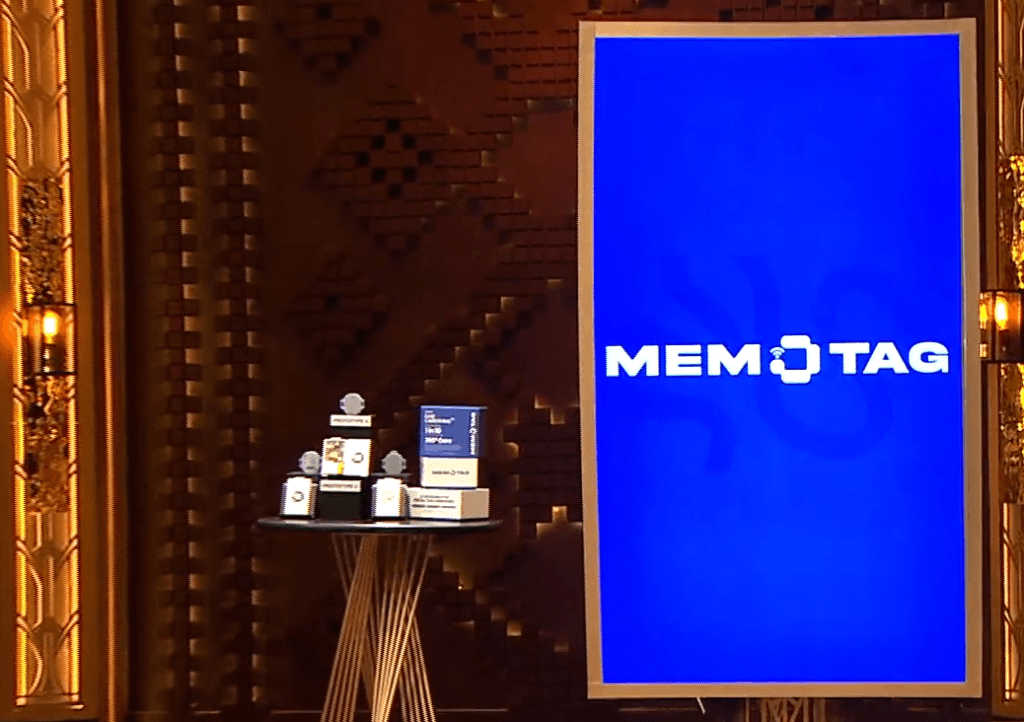
Brand Overview
- Memotag is a caregiving product in the concept stage designed to assist patients with dementia and their caregivers.
- The device aims to provide features such as GPS tracking, geo-fencing, fall detection, vocalized reminders, and AI-driven health prediction through voice analysis.
Shark Tank India Appearance and Ask
- Reyansh pitched Memotag on Shark Tank India Season 4, seeking ₹50 lakh in exchange for 5% equity, valuing the business at ₹10 crore.
- He presented the product as a solution to make life easier for dementia patients and their families.
Season and Episode Air Date
- Season: 04
- Episode: 31
- Episode Air Date: Monday, 17 February 2025
Product Overview
- Memotag is envisioned as a device that can predict behavior patterns, alert family members to falls, create geo-fencing to prevent wandering, send reminders, and make calls to patients.
- The product incorporates AI tools for health prediction through voice analysis.
Investor Reactions
- The Sharks expressed disappointment with Reyansh’s pitch.
- Vineeta Singh called it the “most disappointing” campus episode pitch, criticizing the lack of a functional product and the perceived fabrication of stories.
- Anupam Mittal and Namita Thapar initially showed interest but were disappointed by the lack of a tangible product.
- Kunal Bahl and Ritesh Agarwal also backed out, advising Reyansh to focus and prepare more thoroughly.
Customer Engagement Philosophy
- As the product is still in the conceptual stage, Memotag currently does not have a customer engagement philosophy beyond addressing the needs of dementia patients and their caregivers.
Product Highlights (Planned)
- GPS tracking.
- Geo-fencing.
- Fall detection.
- Vocalized reminders.
- AI-driven health prediction through voice analysis.
Future Vision
- The future vision for Memotag, as presented by Reyansh, is to create a device that revolutionizes dementia care.
Deal Finalized or Not
- Memotag did not receive any offers from the Sharks. Reyansh’s pitch for Memotag on Shark Tank India Season 4 fell flat due to the lack of a functional product and concerns about the entrepreneur’s approach.
- The Sharks advised him to refine his business and develop a concrete product before seeking investment.
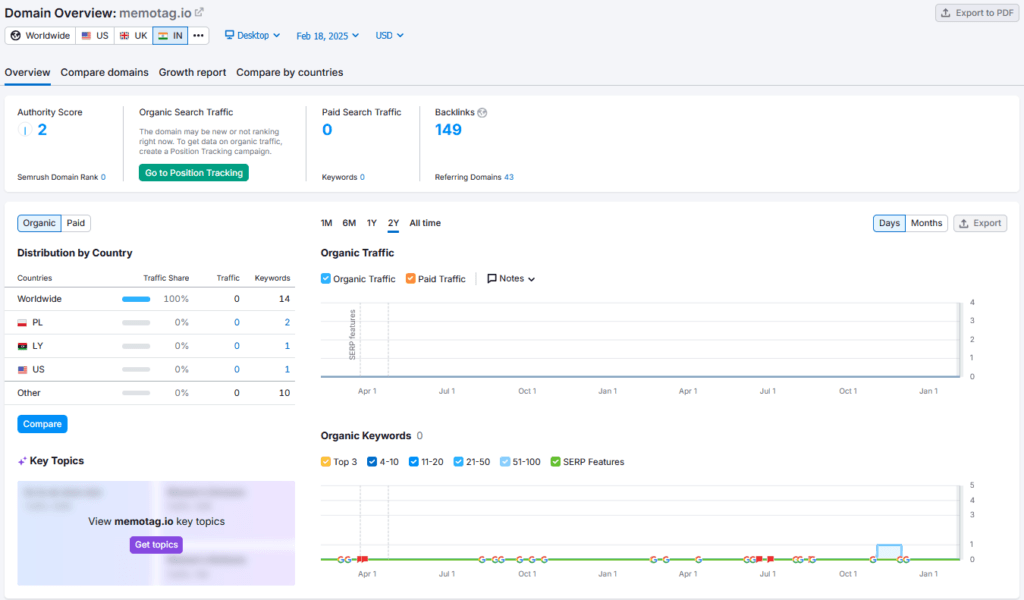
| Category | Details |
|---|---|
| Website Information | |
| Website | Memotag |
| Built On | JavaScript frameworks – React, Next.js 14.2.15 |
| SEO Performance | Poor (Needs Improvement) |
| Organic Traffic | N.A. |
| Founders | |
| Founder Name | Reyansh Juneja |
| Age | 18 years |
| Inspiration | Grandfather’s experience with dementia |
| Brand Overview | |
| Concept | Caregiving product for dementia patients and caregivers |
| Features | GPS tracking, geo-fencing, fall detection, vocalized reminders, AI-driven health prediction |
| Shark Tank India Appearance & Ask | |
| Season | 04 |
| Episode | 31 |
| Episode Air Date | Monday, 17 February 2025 |
| Ask | ₹50 lakh for 5% equity |
| Valuation | ₹10 crore |
| Outcome | No offers received |
| Investor Reactions | |
| Vineeta Singh | Called it the “most disappointing” campus episode pitch |
| Anupam Mittal & Namita Thapar | Initially interested but disappointed due to lack of product |
| Kunal Bahl & Ritesh Agarwal | Advised Reyansh to refine the business and develop a functional product |
| Customer Engagement Philosophy | |
| Current Stage | Concept stage, no active customer engagement |
| Target Users | Dementia patients and caregivers |
| Product Highlights (Planned) | |
| GPS tracking | |
| Geo-fencing | |
| Fall detection | |
| Vocalized reminders | |
| AI-driven health prediction (voice analysis) | |
| Future Vision | |
| Goal | Revolutionize dementia care with AI-powered assistive technology |
| Business Potential in India | |
| Market Growth | Global dementia care market projected to reach $17.76 billion by 2029 (CAGR 7.1%) |
| India’s Contribution | Significant due to the large elderly population |
| Dementia Patients in India | 4 million+ |
| Total Addressable Market (TAM) | |
| Target Segment | 4 million dementia patients |
| Potential Market | 1% market share = 40,000 users |
| TAM Growth Factors | Awareness among caregivers, healthcare professionals, and families |
| Ideal Target Audience & Demographics | |
| Age Group | 35-65 years (family members and caregivers) |
| Income Level | Middle to upper-middle-class |
| Geographic Focus | Metropolitan & Tier 1 cities |
| Marketing Strategy | |
| Content Marketing | Blogs, articles, videos on dementia care challenges & Memotag benefits |
| Social Media Marketing | Facebook, Instagram – Success stories, caregiver tips, development updates |
| Content & Digital Marketing Strategy | |
| SEO Strategy | Needs improvement due to low organic traffic |
| Partnerships | Collaborate with dementia support groups & healthcare organizations |
| Distribution Strategy | |
| Direct-to-Consumer | Online sales via e-commerce website & marketplaces |
| Healthcare Partnerships | Geriatric care facilities, nursing homes, hospitals |
| Advantages | |
| Targeted solution for dementia patients & caregivers | |
| AI-powered health prediction | |
| Challenges | |
| Lack of functional prototype | |
| Competitive assistive technology market | |
| Reasons for Success | |
| Growing demand for dementia caregiving solutions | |
| Passionate founder with a personal connection to the cause | |
| Mitigation Strategies | |
| Prioritize product development | |
| Gather user feedback for product refinement | |
| Future Business Roadmap | |
| Short-Term Goals (1 Year) | Develop a functional prototype, conduct user testing |
| Mid-Term Goals (2-3 Years) | Secure funding, establish healthcare partnerships |
| Long-Term Goals (4-5 Years) | Launch in India, expand product line for senior care |
| Valuation Increase Strategies | |
| Strengthen brand presence through community engagement | |
| Develop strategic partnerships | |
| Secure patents for innovative features |
Memotag Shark Tank India Business Plan
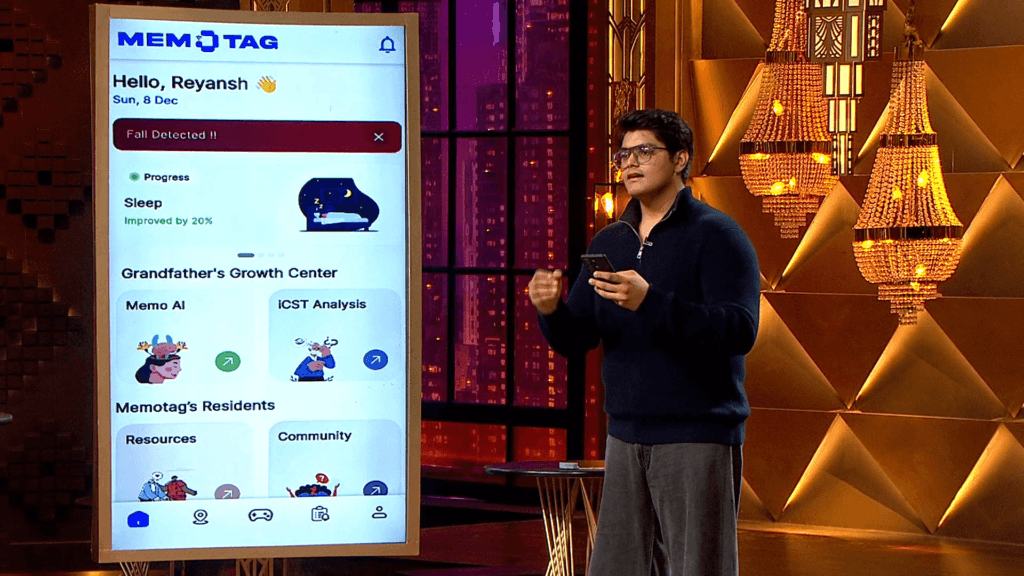
Business Potential in India
- Market Size: The dementia care market in India is growing due to an aging population and increased awareness. While specific market size data is limited, the global dementia care market is projected to reach $17.76 billion by 2029, growing at a CAGR of 7.1%. India’s contribution to this growth is significant due to its large elderly population.
- Alzheimer’s and Dementia Prevalence: India has the fourth-highest number of Alzheimer’s and dementia patients in the world. It is estimated that over 4 million people in India suffer from some form of dementia.
Total Addressable Market (TAM)
- Target Segment Size: Given the estimated 4 million dementia patients in India, if Memotag captures just 1% of this market, it represents a potential user base of 40,000 individuals.
- Factors Influencing TAM: The TAM can be expanded by raising awareness about Memotag’s potential benefits among caregivers, healthcare professionals, and families affected by dementia.
Ideal Target Audience and Demographics
- Age Group: Targeting family members and caregivers of dementia patients, typically aged 35-65 years.
- Income Level: Middle to upper-middle-class families with the financial means to invest in assistive technology for their loved ones.
- Geographic Focus: Metropolitan and Tier 1 cities in India where there is greater access to healthcare facilities and technology adoption.
Marketing Strategy
- Content Marketing: Create educational content, such as blog posts, articles, and videos, that address the challenges faced by dementia caregivers and highlight Memotag’s potential to alleviate these issues.
- Social Media Marketing: Utilize social media platforms like Facebook and Instagram to reach caregivers and families affected by dementia, sharing success stories, tips for managing dementia, and updates on Memotag’s development.
Content and Digital Marketing Strategy
- SEO Improvement: With a current organic traffic of N.A., Memotag needs a robust SEO strategy to improve visibility.
- Partnerships with Support Groups: Collaborate with dementia support groups and organizations to promote Memotag among their members and gain valuable feedback.
Distribution Strategy
- Direct-to-Consumer Sales: Offer Memotag directly to consumers through an e-commerce website and online marketplaces.
- Partnerships with Healthcare Providers: Collaborate with geriatric care facilities, nursing homes, and hospitals to integrate Memotag into their care programs.
Advantages
- Targeted Solution: Memotag is specifically designed to address the needs of dementia patients and their caregivers, offering features like GPS tracking, geo-fencing, and vocalized reminders.
- AI-Powered Health Prediction: The incorporation of AI technology to predict a patient’s health through voice analysis offers a unique value proposition.
Challenges
- Product Development: Memotag is currently in the concept stage and lacks a functional prototype, which raises concerns about its feasibility and market readiness.
- Competition: The market for assistive technology for seniors is competitive, with established players offering similar products.
Reasons for Success
- Growing Demand: The increasing prevalence of dementia and the growing need for assistive technologies to support caregivers create a favorable market environment for Memotag.
- Passionate Founder: Reyansh’s personal connection to the issue of dementia and his passion for creating a solution can drive the development and marketing of Memotag.
Mitigation Strategies
- Product Development Prioritization: Focus on developing a functional prototype of Memotag with core features before seeking additional funding or market entry.
- Feedback Integration: Gather feedback from potential users and healthcare professionals to refine the product design and features.
Future Business Roadmap
Short-Term Goals (1 Year):
- Develop a functional prototype of Memotag.
- Conduct user testing with a small group of caregivers and dementia patients.
Mid-Term Goals (2-3 Years):
- Secure seed funding to support product development and market research.
- Establish partnerships with geriatric care facilities and support groups.
Long-Term Goals (4-5 Years):
- Launch Memotag in the Indian market.
- Expand the product line to include additional assistive technologies for seniors.
Valuation Increase Strategies
- Strengthen brand presence through community engagement initiatives focused on dementia awareness.
- Develop strategic partnerships to broaden market reach.
- Secure patents for its innovative technology and features.
By addressing product development challenges, securing funding, and building strategic partnerships, Memotag can position itself for success in the growing dementia care market.
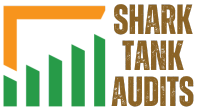
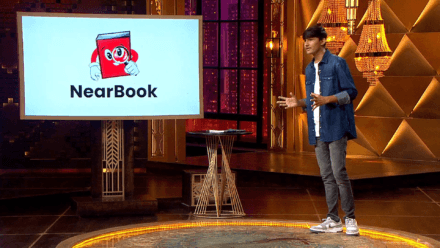
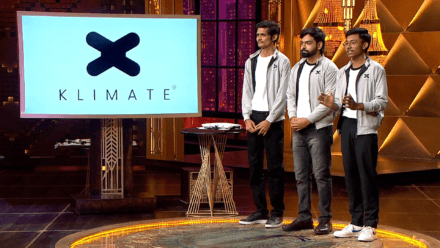
Memotag Shark Tank India Episode Review